Setting the cast
The post-poll scenario will be a fascinating one to watch.
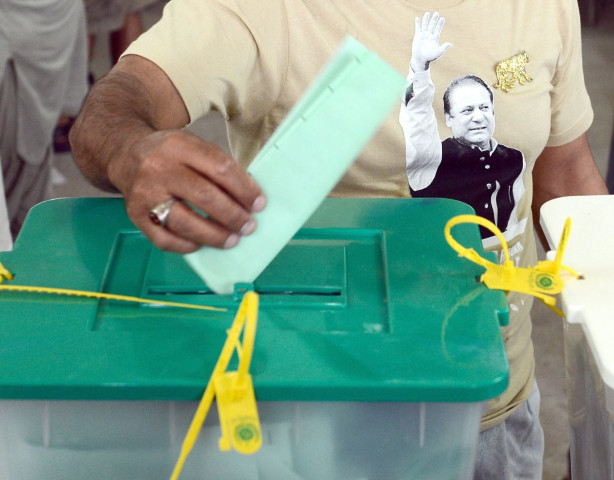
A supporter of former Pakistani prime minister Nawaz Sharif, casts his vote at a polling station in Lahore on May 11, 2013. PHOTO : AFP
The results that emerge from this poll will be fascinating to watch. Unlike many elections of the past, predictions have been proving extremely difficult. The expanding role of the media and the hype it so often creates is a factor in this. The presence of strong campaigns launched by various channels can, of course, have both positive and negative effects. In time, we will need to consider these too. But it is an undoubted fact that some elements in this election are new. We now have what appears to be a three-way contest, rather than one between two major parties. The PPP and the PML-N, which dominated the process through the 1990s, have been joined by a third force — the PTI. Quite regardless of how many seats this party eventually claims, no matter what share of the popular vote comes its way, there can be no doubt that it has played a highly visible and arguably very important role in 2013, creating a sense of excitement most notably among younger voters and engaging them in the political process. This contribution cannot be ignored. Meanwhile, a party seen as a main player till 2008, the PML-Q, has virtually faded into obscurity with its presence barely being felt. These are indeed significant changes. And drastic alterations in electoral roles, with millions of votes being struck off and new ones added, mean it has become even harder to forecast which way things will go. Some patterns will undoubtedly remain the same; others will change.

It was encouraging to see a large number of women voters at polling stations, at least, in major urban centres. Their enthusiastic participation is a good omen. Of course, there have been places — such as Lower Dir — where unfortunate arrangements between major parties were made to prevent women from polling. But complaints to the Election Commission of Pakistan (ECP) have gone in and remedial action in such constituencies is expected.
Inevitably, complaints have come in about polling arrangements, notably in Karachi, where we are told ballot sheets, boxes and other materials did not reach certain stations in time. Staff was missing from others, even several hours after polling was due to begin. The ECP has held that in some cases, the supplies were taken away en route, and complained to the army and Rangers about this. Polling time was extended in constituencies were voting began late. But the disruptions in Karachi could have a broader impact. There are other disturbing factors too, including three blasts in Karachi and a very low turnout reported in Balochistan — which impedes that vital task of drawing that province back into the mainstream. For reasons linked to pre-poll violence, turnout has been low in some parts of Khyber-Pakhtunkhwa too. These contrasting voter numbers situation in various places will also have an impact on the final result, which will need to be assessed later.
The post-poll scenario will be a fascinating one to watch. The Jamaat-e-Islami, along with the Majlis Wehdatul Muslimeen, Sunni Tehreek and Sunni Ittehad Council, has withdrawn from polling in Karachi; it will need to be seen what protests come in from other parties as polling closes. Still more crucial will be the question of what shape the assemblies assume, whether we have a prolonged bid at coalition forming, notably at the centre, and what happens once the results are declared.
Published in The Express Tribune, May 12th, 2013.

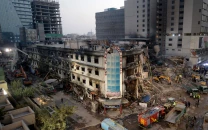
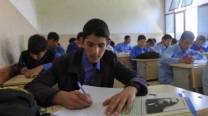
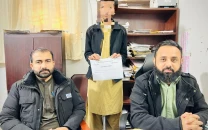

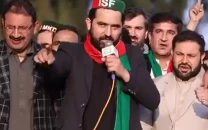













COMMENTS
Comments are moderated and generally will be posted if they are on-topic and not abusive.
For more information, please see our Comments FAQ